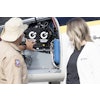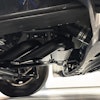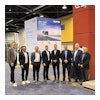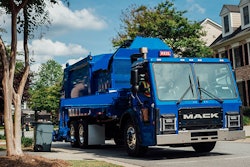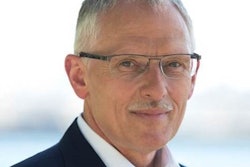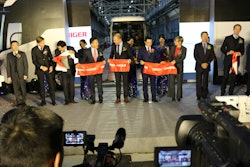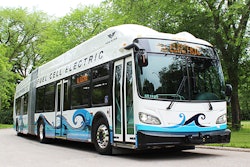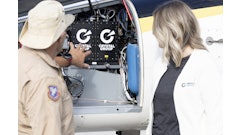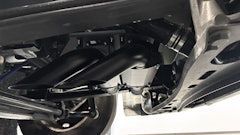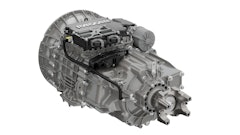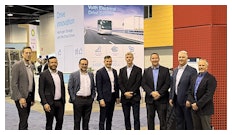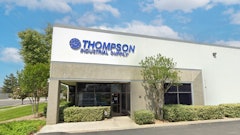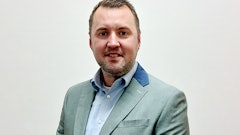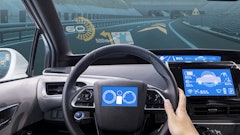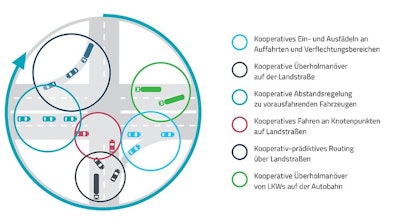
Action not reaction: cooperative risk detection and prevention are key steps on the way towards accident-free and anticipatory driving, as well as the optimization of traffic flow. The cooperative driver assistance systems developed as part of the joint IMAGinE project will help road users reach their destinations not only more safely, but also more efficiently and more relaxed.
MAN’s role within this project focuses on the coordination of the various maneuvers of participating road users under consideration of the particular requirements of commercial vehicles. Among other things, this includes overtaking maneuvers of trucks, entering and exiting motorways at junctions, and regulating the distance to preceding vehicles. In a real-life scenario, this could involve the following: the vehicle behind coordinates with the vehicle in front in order to determine a suitable overtaking spot to ensure an efficient overtaking maneuver. At motorway junctions, vehicles leaving the motorway synchronize their maneuvers with vehicles remaining on the motorway so that the process is executed efficiently and safely for all participants. The same applies to vehicles joining the motorway. In an ideal scenario, it will be possible to implement this not only for individually controlled vehicles but also for trucks driving in a convoy linked via vehicle-to-vehicle communication.
All in all, IMAGinE promotes the vision of fully-automated driverless driving, without forgetting the currently still necessary driver. This is why IMAGinE is also placing significant importance on the design of a man-machine-interface for cooperative maneuvers.
IMAGinE brings together a consortium of 12 leading companies and research facilities in Germany. Participating in the project alongside MAN Truck & Bus AG are Adam Opel AG, BMW AG, Daimler AG, Volkswagen AG, Robert Bosch GmbH, Continental Teves AG & Co. oHG, the Würzburg Institute for Traffic Sciences GmbH, IPG Automotive GmbH, Nordsys GmbH, Hessen Road and Traffic Management, and the Technical University of Munich. The Federal Ministry for Economic Affairs and Industry (BMWi) is providing 17.9 million euros of funding for the research project.
